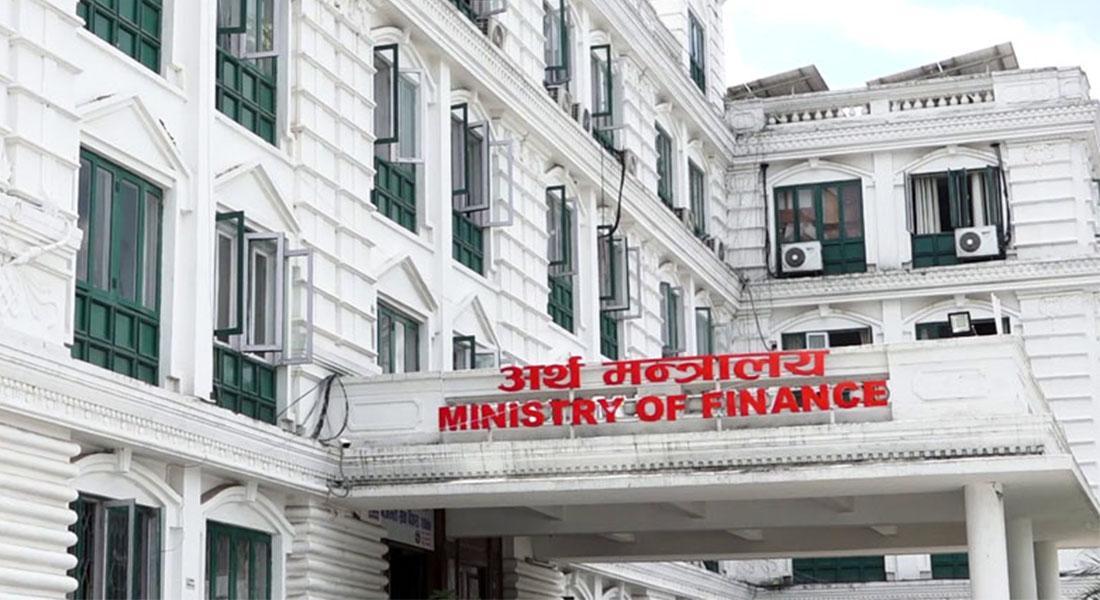Sharp Decline in Capital Expenditure Slows Development Momentum
Author
NEPSE TRADING

Nepal’s capital expenditure has dropped sharply in the current fiscal year compared to the same period last year. According to the Office of the Financial Comptroller General under the Ministry of Finance, only NPR 22 billion has been spent under the capital heading as of Ashoj 18, out of the allocated NPR 407 billion. During the same period last year, NPR 32.56 billion had already been utilized.
Capital expenditure represents long-term investments in infrastructure such as roads, bridges, schools, hospitals, irrigation, and energy projects—key drivers of productive capacity and sustainable economic growth. The decline in such spending indicates a slowdown in the country’s development pace.
Following the Genji movement, growing uncertainty and insecurity have discouraged construction entrepreneurs from accelerating development works. Despite having an experienced finance minister, lack of effective intervention has resulted in sluggish project implementation.
Meanwhile, recurrent expenditure has increased. As of Ashoj 18, the government spent NPR 282 billion compared to NPR 264 billion during the same period last year, out of the NPR 1.14 trillion allocated for recurrent expenses. These include salaries, allowances, administrative operations, and regular government services.
The imbalance—falling capital expenditure and rising recurrent spending—reflects growing fiscal inefficiency and signals a concerning slowdown in Nepal’s development progress.



